“Drinking more hot water” represents the most sincere wish of Chinese people for others.
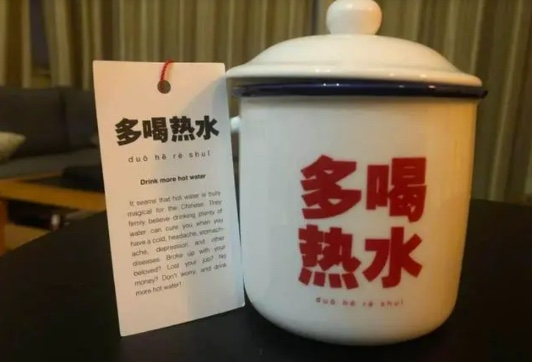
It is said that Chinese girls tend to receive the message “drinking more hot water” more than six times a month. Although girls may dislike their boyfriends for telling them to drink more hot water, they do hold the thermos in their hands. In China, middle-aged men even keep their thermos in their hands every day.
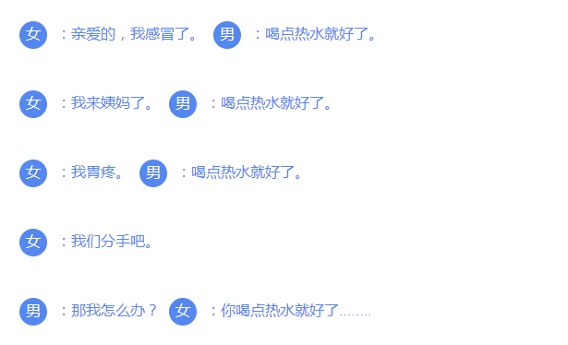
In China, if someone tells you they have a cold, it is probably rude if you do not say “drink more hot water” in return.
“Drinking more hot water” has gradually become a routine for the Chinese to show their care for others.
Table of Contents
- 1. 4000-year History of Chinese Habit – Drink Hot Water
- 2. Drinking Hot Water is Chinese Health Habit
- 3. Advocacy of the Chinese Government: Drinking Hot Water for Sterilization
There are various kinds of drinks in the world, and people in different countries or regions have different preferences. For example, Italians are passionate about espresso, the Dutch are obsessed with beer, and the Arabs love sweet mint tea.
Why do the Chinese show special favor for hot water that is bland and tasteless?
1. 4000-year History of Chinese Habit – Drink Hot Water
When did the Chinese start drinking hot water? There is no definite answer to this question. However, based on archaeological findings, it can be concluded that the Chinese began drinking hot water as early as 4,000 years ago during the Neolithic period.
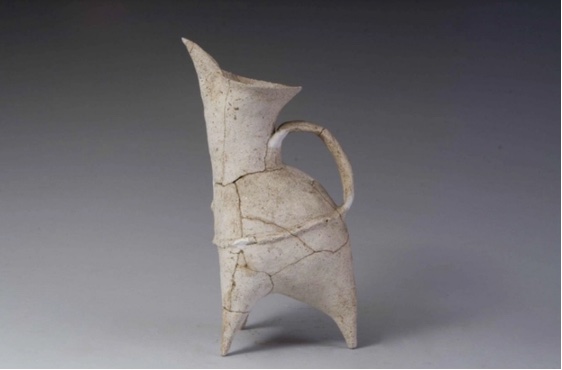
However, the firewood used to boil water was so expensive that common Chinese people only used it for cooking, and using it to boil water was a great luxury for the common people.
Civilians used to get their water directly from the well or river, picking it up every day, pouring it into their water tanks, and drinking it when they were thirsty.
Only the higher class that were affluent had access to hot water.
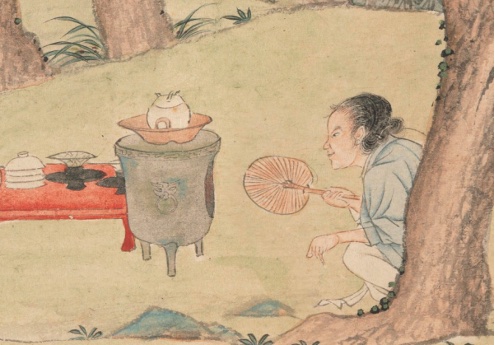
Therefore, even in the Song and Yuan dynasties, when teahouses and tea houses opened everywhere, not everyone could afford hot tea.
For most people, it was still a luxury to have hot water. It is not that the ancient Chinese showed no love for hot water, but poverty restricted them from drinking it.
2. Drinking Hot Water is Chinese Health Habit
Although the habit of drinking hot water was not popular in the whole ancient Chinese society, it has long been believed that “drinking hot water has many benefits”.
In terms of food, Chinese people also have a fascination with “heat” and love to eat hot noodles, buns, and dumplings, as well as boiling pots and barbecues. People are also often told to eat food “while they’re hot”.
Hot food has been a habit in Chinese people’s diet for thousands of years. It is believed that the good flavor of a wide variety of food needs to be heated to a certain temperature.
When it comes to water drinking, people tend to believe that “drinking hot water is good for one’s health”.
In ancient times, the upper classes were convinced of the idea that “drinking hot water is good for one’s health”. Some people even believed that people would die if they drank cold water.
For example, Yang Lian, a famous counsellor of the late Ming Dynasty, was so convinced of this that when he was framed and imprisoned by Wei Zhongxian, he tried to commit suicide in prison by waking up early every day and drinking more cold water.
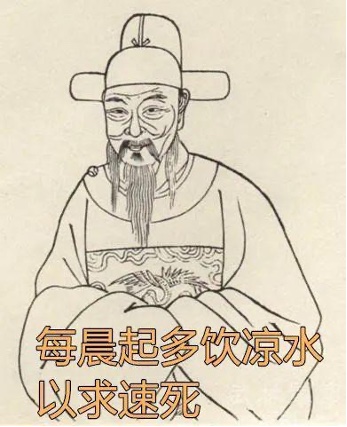
The earliest known Chinese medical book, The Yellow Emperor’s Classic of Internal Medicine, written over 2,000 years ago, considers hot water to be an effective health regulator. The Yellow Emperor’s Classic of Internal Medicine states, “When illness arrives, treat patients with the soup and liquid.”
The ancient Chinese believed in the theory of “Yin” and “Yang” and considered “Yang” to be the essence of all things. Therefore, one of the core principles of TCM (traditional Chinese medicine) is the balance of “Yin” and “Yang”, roughly defined as the balance of hot and cold energy. An imbalance between “Yin” and “Yang” will cause different illnesses.
According to TCM, the stomach and intestines like warmth and hate coldness. The unboiled water is cold, while the boiled water can bring warmth to the “Yang” energy, helping people keep healthy and lead a long life.
On the contrary, drinking cold water may inject coldness into one’s body, leading to an imbalance between “Yin” and “Yang”.
Drinking hot water to keep the body’s “Yin” and “Yang” in harmony and keeping body warm in winter.
Besides, Chinese people also like to drink hot water because it keeps them warm.
In ancient China, where there was no central heating system, it was difficult to dispel coldness. Drinking hot water became one of the major ways to warm Chinese people up. How nice it was to come back from a cold day outside and have a cup of hot water.
In Mencius, it is recorded that “In winter, people drink hot water”.
3. Advocacy of the Chinese Government: Drinking Hot Water for Sterilization
In the first half of the 20th century, China suffered repeated serious outbreaks of cholera. Raw water (unboiled water) acted as a breeding ground for parasites, and these parasitic germs were the pathogens of epidemics such as cholera and plague.
With the introduction of research results about germs from the west to China, it was widely believed that boiling water is an effective sterilizer.
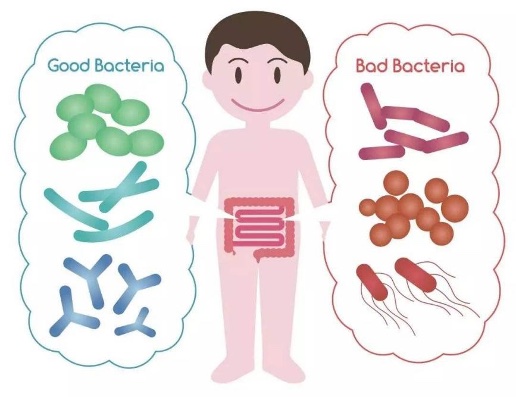
However, at the time, compared with Europe and America, there were no advanced sanitary technologies to build direct drinking water systems. Therefore, drinking boiled water evolved to be a low-cost but effective way of sterilization.
In 1934, the Chinese government’s “New Life Movement” advocated drinking hot water.
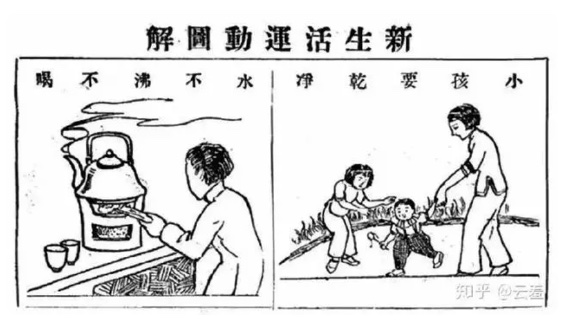
In 1936, driven by the “New Life Movement”, “boiled water” stores sprung up all over the country, especially in economically developed areas. In Shanghai, for instance, the number of “hot water” shops increased from 159 in the early years of the Republic of China to over 2,000.
In 1937, “drinking more hot water” served as a nationwide practice including the grassroots. The cart driver, worker, and the handyman came to the “boiled water shop” with a jar to scoop up a spoonful of boiling water at their leisure, which is similar to modern people’s habit to drink a cup of milk tea.
In 1952 when the People’s Republic of China was established, the “Patriotic Health Campaign” was conducted nationwide. Calls like “drinking hot water instead of unboiled water” and textbooks for Rural Health Center have all encouraged people to develop the habit of drinking hot water.
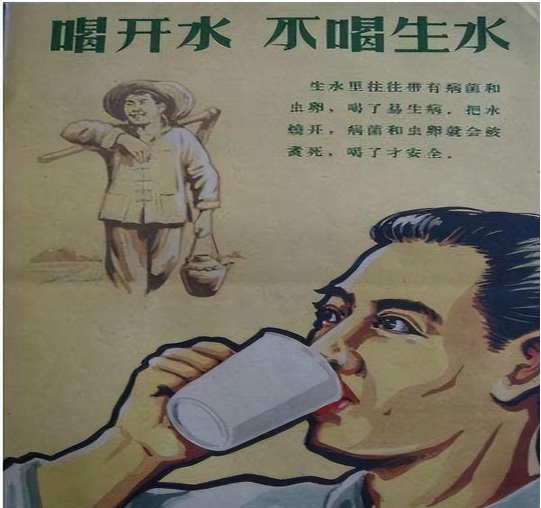
All over China, “boiled water” rooms have been set up in schools, factories, institutions, rural areas, and other areas with a large number of people. Where there were people, there was a “boiled water” room, which provided people with free boiled water. Queuing up in front of the boiler room with a hot water bottle can be an exclusive memory of people at that time.
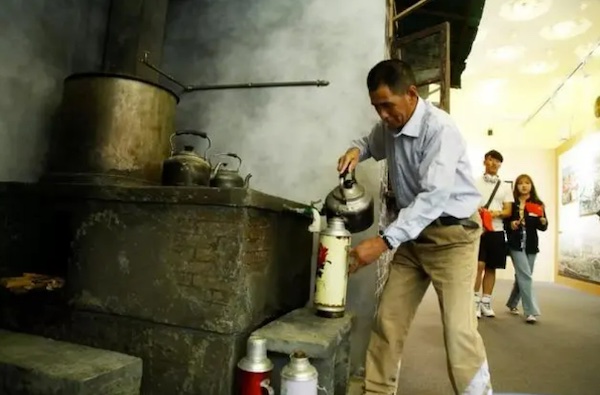
In those days, for a long time, among the things that young men and women had to buy to get married, a thermos with the word “happiness” (“喜” in Chinese) became a wedding necessity.
Accordingly, thermoses became household necessities, and by 1997, the national output of thermoses reached 266 million.
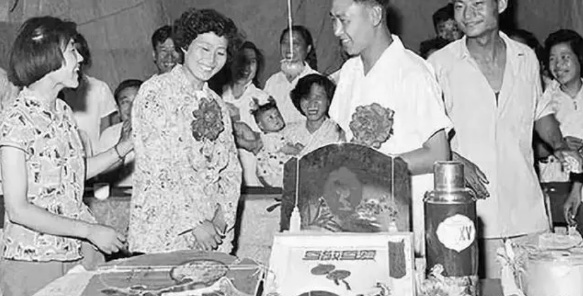
From then on, drinking boiled water has become a nationwide habit.
As time goes on, nowadays, new water dispensers and thermos cups are gradually replacing thermos pots and becoming a new tool for people to drink hot water.
Overall, because of historical, cultural, and sanitation reasons, hot water is now irreplaceable for the Chinese.
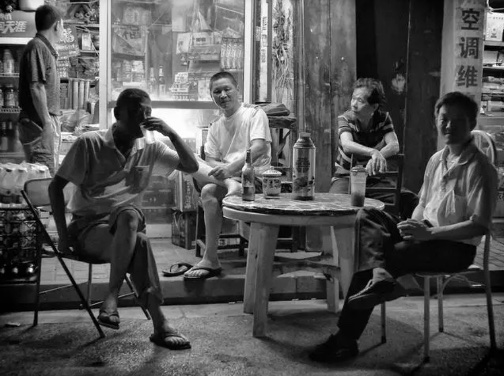
Although a cup of hot water is bland and tasteless, it once represented Chinese common people’s wishes and showed the wisdom and power of Chinese people in fighting against illnesses. It may be easy to gain access to hot water but it symbolizes s Chinese’s positive attitudes to life.
Now, do you know why Chinese people love boiled water?
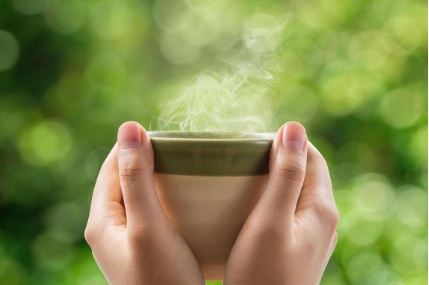
Just a reminder, you need to drink hot water at the appropriate temperature. You should not drink scalding hot water, as this can increase the risk of oesophageal cancer.
Whether you like to drink hot or cold water, just choose clean and hygienic drinking water in line with your preference.
